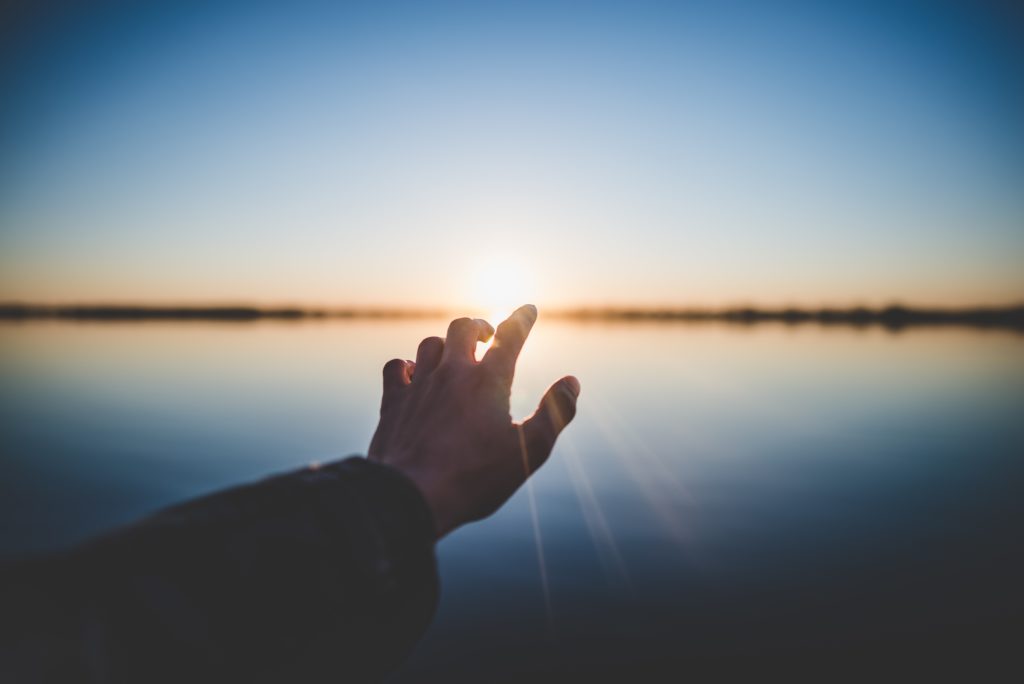
Hope, by Dr Tony Kendle
Hope
by imaginal Collective Elder and former senior director at the Eden Project, Tony Kendle.
Understandably, Greta Thunberg declared to the world leaders – I don’t want you to be hopeful I want you to be terrified, As if Your Roof was on Fire, because it is and you have to do something about it’
In contrast Rebecca Solnit has made a deep and thoughtful analysis of what role Hope plays in revolution.
She argues that hope is not optimism – it is not a belief that things will turn out well but rather it is a faith that somewhere, somehow there remains a window and a chance that good can be salvaged.
She documents some improbable outcomes in history when the seemingly impossible came to pass: “there are always cracks in the inevitable and the obvious”.
Solnit argues that “when we truly see no possibilities then paralysis is a risk – Hope is the engine that gets us off the sofa”.
Completely in agreement is the Brazilian writer, educator and activist Paolo Friere. In his book – A Pedagogy of Hope he details at length:
“Hopelessness paralyzes us, immobilizes us. We succumb to fatalism, and then it becomes impossible to muster the strength we absolutely need for a fierce struggle that will re-create the world. I am hopeful, not out of mere stubbornness, but out of an existential, concrete imperative. I do not mean that, because I am hopeful, I attribute to this hope of mine the power to transform reality all by itself, so that I set out for the fray without taking account of concrete, material data, declaring, “My hope is enough!” No, my hope is necessary, but it is not enough. Alone, it does not win. But without it, my struggle will be weak and wobbly.”
We need critical hope the way a fish needs unpolluted water.
Any attempt to do without hope, in the struggle to improve the world, is to act as if that struggle could be reduced to calculated acts alone, or a purely scientific approach, this is a frivolous illusion. To attempt to do without hope, which is based on the need for truth as an ethical quality of the struggle, is tantamount to denying that struggle is one of its mainstays. The essential thing, as I maintain later on, is this: hope, as an ontological need, demands an anchoring in practice. As an ontological need, hope needs practice in order to become historical concreteness.
Barbara Ward, one of the earliest thinkers who tried to reconcile human economic growth and environmental protection, a pioneer of sustainable development, finished her book “Only One Earth” by saying “We have a duty to hope” – not let’s be hopeful or optimistic like a kind of motivational imperative, but she frames it as a duty – a hard and muscular obligation, a moral imperative – because without it we become powerless.
Surely our mission must be to inspire people to do great things and engage positively in the adventure of watching new life unfold?
“without adventure civilisation is in full decay”, Alfred North Whitehead.
Abraham Lincoln once said “the best way to predict your future is to create it”. If our hope gets us off the sofa we can defy the worst predictions, we can create a future for our children that is safe, rich, joyful, creative and fulfilling.
Photo by Marc-Olivier Jodoin on Unsplash
